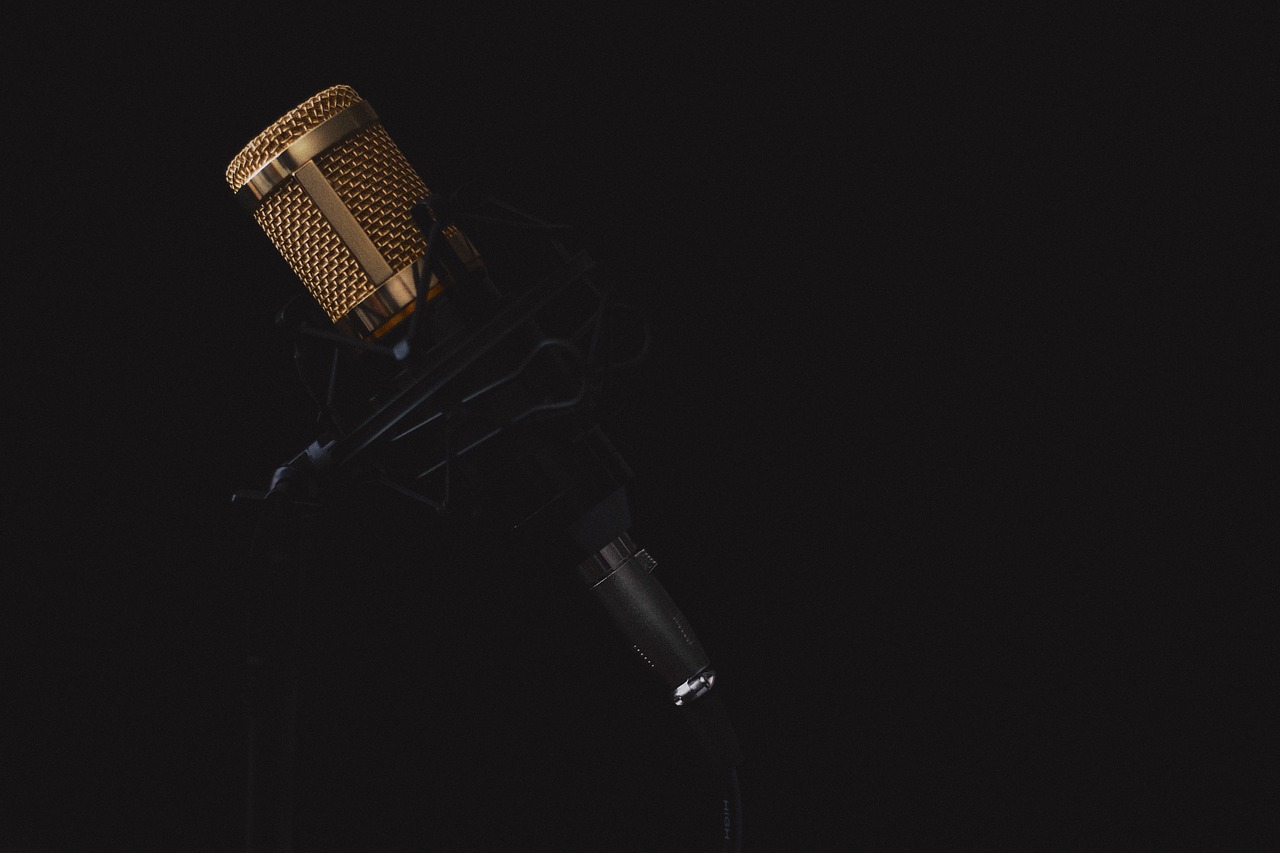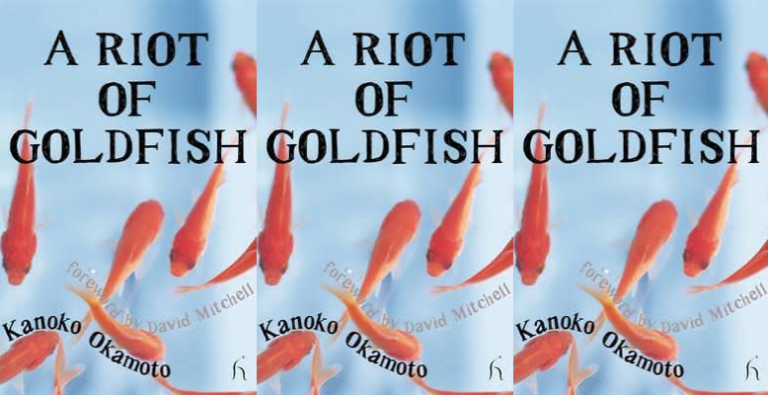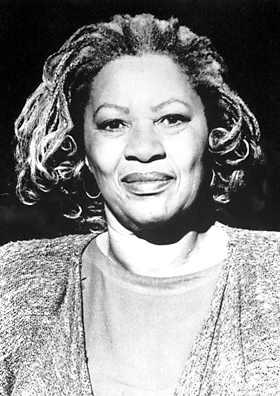An Interview with Reese Okyong Kwon

Reese Okyong Kwon’s writing has appeared in the Believer, Kenyon Review, Southern Review, and elsewhere. She has been named one of Narrative’s “30 Below 30” writers, and has received scholarships and fellowships from Yaddo, Ledig House, and the Bread Loaf Writers’ Conference.
After her story “Victoria Falls Hotel” appeared in the Winter 2012-2013 issue of Ploughshares, Reese wrote a Contributor’s Note about the story’s thematic and cultural foundations for the Ploughshares blog. Shortly thereafter, she and I followed up about her thoughts on “Victoria Falls Hotel” and chatted about cultural identity in writing, our mutual affinity for Norman Rush, her novel in progress, and other delights.
Let’s start with the setting of “Victoria Falls Hotel.” We follow a group of Korean American vacationers as they tiptoe around a post-colonial Zimbabwe. What makes this backdrop so crucial to our understanding of the characters?
Admitting this is probably the kind of thing that worries one’s relatives, but, in my head, these characters are alive. As a result, my first impulse is to say they ended up in Zimbabwe in much the same way you or I might: because of chance and desire. That said, I probably had the idea that, since Euna and Jin have been keeping their distance from each other since their son’s funeral, it could be interesting to see what they would say and do if forced together by external circumstance—by, for example, an ill-considered vacation in Mugabe’s Zimbabwe.
At the end of “Victoria Falls Hotel,” Euna finds herself by the falls as she contemplates one last act of desperation. Norman Rush, too, wrote about the Victoria Falls Hotel in his novel Mating; his unnamed female protagonist also spends some cathartic time enveloped in waterfall mist. I was excited to learn that you’re a Norman Rush fan. Did Rush come to mind at all as you were writing “Victoria Falls Hotel”? Did you call upon other writers for inspiration?
The most direct inspiration for the waterfalls came from my own visit to the Victoria Falls Hotel a few years before I started the story. The eeriness of what was, at the time, an almost empty hotel lingered in my imagination. I love Norman Rush. I love him so much I don’t ever want to meet him—I worry I’d frighten him with what amounts to a certainty that we’re already very good friends—but when I was writing the story I wasn’t explicitly thinking of Mating. It’s always possible Rush’s novel snuck into the story without my overtly intending it to happen.
As for other writers who gave me inspiration—there are so many that it’s hard for me to say who or what might have influenced this particular story. From the notes I keep on my reading, I can say that, around the time I wrote the first drafts of the story, I happened to be reading Mavis Gallant, Fumiko Enchi, Simone Weil, and Juan Rulfo, and revisiting some Nabokov and Sebald.
Early on in reading the story, I wondered, just for a second: is Euna’s son actually dead and has Euna fabricated this staged funeral as part of the mourning process? It was only a little later that I understood Jin’s—or a culture’s—discrimination and her son’s fake funeral. The measuredness of the piece lends itself to these beautiful ambiguities. What is your relationship with narrative ambiguity and the pacing that anchors it?
Thank you—that’s heartening to hear. I’m so intrigued by how we think and the gaps between different people’s interpretations of the world. In the first section of the story, I was curious about what Euna had in mind versus what everyone else saw of her. As for pacing, this story used to be much longer, and got shorter only gradually. I tend to write long early drafts, and then to cut as I revise. It seems an inefficient way to write—every story I’ve written is a palimpsest of many longer drafts—but I don’t know how else to do it.
In your story “The Stations of the Sun” a daughter confronts her mother’s obsession with traditional Korean standards of beauty—namely light skin. We find similar generational and cultural conflicts in “Victoria Falls Hotel,” but this time, we’re witness to a couple’s “old country expectations” that fuel their son’s shunning. What drives your desire to write about Korean/Korean American tradition and its impact on younger generations?
To be honest, I’m not sure I have an overt desire to write about Korean tradition or conflicts between generations. The idea of the Korean staged funeral would have grabbed my interest had I read about it as a U.S. phenomenon instead. What does act as an underlying source of much of what I write is the religion I lost when I was in high school. It’s been the loss of my life, an absence I don’t know how to fill, and I always seem to be writing about it, however indirectly. Even if I’m writing about, for example, drunk paraders dressed in full-body bear suits, I see traces of an absent God in the story.
Sometimes I fear that everything I write is, absurdly enough, a love letter to a God in whom I can’t believe. Or is it a letter of complaint? (“Dear God: I’d rather you exist.”) Since this deity also happens to be the Christian God of my parents, and of the faith in which I grew up, maybe I am writing about tradition and conflict after all.
Though I don’t actively think of myself as such, I am an Asian American writer. That said, I am also a Korean adoptee and I do not know much about the country in which I was born. I wrestle with these cultural and racial identifiers and what place they have in my work. For you, how does it feel to write as an “Asian American writer”? How does it feel to be identified as one?
There’s a talk by Bellow, “A Jewish Writer in America,” in which he suggests that his instinct is to say that he’s a writer first and Jewish second. I like that, and I agree with him, while also recognizing that this could sound like too facile of an answer in a world in which, when people look at me or my name, the inclination could be to see an Asian woman first, and a writer second. On the other hand, there still haven’t been that many Asian American writers—though there are more published every year, thank goodness—and maybe this relative scarcity is freeing.
You mentioned in your Ploughshares post about writing “Victoria Falls Hotel” that you’re in the process of writing a novel about religious terrorists. Your phrase, “wrongdoing that wants to believe in its own rightness,” really struck a chord with me. Euna, Euna’s husband, their group of friends—they all fall pray to this kind of wrongdoing. How does this wrongdoing surface in your new work? Could you talk to me a little bit more about the novel in progress?
What fascinates me about religious terrorists is that, generally speaking, they believe they’re doing good. A religious terrorist sets off bombs or crashes planes in the name of a God who not only epitomizes but also is said to define goodness and love. Their notion of absolute good is evil to the rest of us, and it’s an incompatibility that underlies the novel I’m writing: a young woman becomes involved in a fundamentalist Christian cult and, after a series of personal crises, ends up bombing abortion clinics.
I hope to finish the novel this year; toward that end, I’ve become a little monomaniacal. I went dancing with a friend for her birthday a couple of weeks ago, and I realized it was the first time I’d gone out dancing in a year, though I love dancing. Instead, occasionally, I’ve danced for the length of a song or two at my desk, seated, while writing.
What are you reading now? What, as of late, has inspired your writing?
I read Cortázar’s Hopscotch for the first time, which is spectacular. How I haven’t read Hopscotch until now, I don’t know. In addition, I’ve been on something of a nonfiction spree, and highlights have included Daniel Levin Becker’s book about the Oulipo, Barthes’s A Mourning Diary, and the Nabokov-Wilson letters. I recently read Marie-Helene Bertino’s short-story collection, Safe as Houses, and it’s a large-souled, comic delight. Also, I routinely revisit Bishop’s Complete Poems. When I’m discouraged about my writing, I’m almost tempted to pray to her, as though she might be an intercessory saint.


